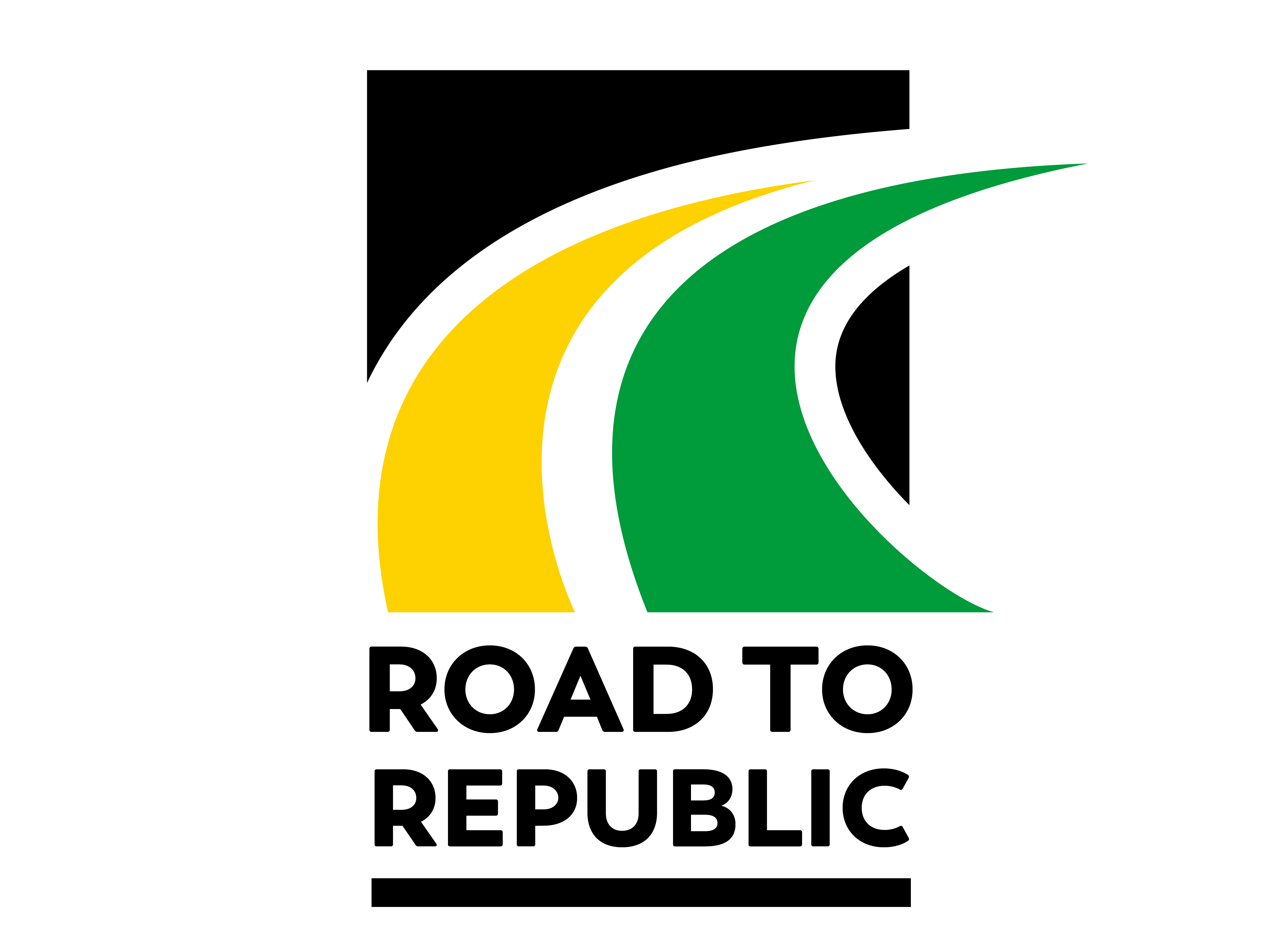FAQs
A Constitution is a formal and written set of fundamental principles or rules that outlines the basic structure, powers and functions of a government. It typically outlines the responsibilities of government and the rights and freedoms of the people.
Jamaica, as a British Colony, needed the approval of the Imperial Government in the United Kingdom to attain its independence and adopt a new Constitution. As such, in 1962 Queen Elizabeth II, by and with the advice of her Privy Council, issued the Jamaica Order in Council 1962 which formally gave force and effect to the 1962 Constitution of Jamaica.
A constitutional monarchy is a form of government in which a country has a monarch as the ceremonial or symbolic head of state, whose powers and authority are limited by a constitution and are usually exercised on the advice of elected or appointed officials.
A republic is a form of government in which its head of state is an elected or appointed individual, in the form of a president, who serves for a limited term, rather than a hereditary monarch. In a republic, the government is based on the consent of the governed and the country’s political power is vested in the people or their elected representatives. The president a public servant who represents the people and is accountable to them.
Constitutional Reform refers to the process of making changes or amendments to a constitution. It may involve modifying or updating various aspects of a constitution, such as its provisions in order to adapt to changing circumstances, address perceived shortcomings or reflect evolving societal values or political dynamics.
The Constitution of Jamaica lays down the procedure for its own amendment. It recognizes that Parliament may, by an Act of Parliament passed by both Houses (the House of Representatives and the Senate), alter any provisions of the Constitution.
Within the Constitution there are a number of provisions that are entrenched which means that they are provided with special protection to safeguard them from being easily changed or undermined. Entrenchment provides stability, durability and protection to certain fundamental aspects of a constitution.
The Constitution of Jamaica has two types of entrenched provisions:
- Ordinarily entrenched; and
- Deeply entrenched
In order to change ordinarily entrenched provisions, a Bill proposing the relevant changes must be debated and approved by two-thirds majority vote in both houses of Parliament. This means that at least two-thirds of the members must vote in favour of the proposed amendment.
In order to alter deeply/specially entrenched provisions, a Bill proposing the relevant changes must be debated and approved by two-thirds majority vote in both houses of Parliament after which it is submitted for approval to those qualified to vote in a referendum.
A referendum is a direct vote by the people on a specific question or issue, usually of public importance. It is a form of direct democracy where eligible voters in a particular jurisdiction are asked to express their opinion or make a decision through a ballot.
Yes. In 1961 there was a dispute as to whether Jamaica should remain as a member of the Federation of the West Indies and a referendum was held to decide that issue.
The electorate is eligible to participate in the referendum. The electorate includes any Jamaican citizen who is over the age of 18 years and lives in Jamaica who is qualified and registered to vote.
The Constitutional Reform Committee has been convened by the Government of Jamaica (GOJ) to assist in providing expert guidance and oversight to the Government and the People of Jamaica during the Constitutional Reform Process and to implement recommendations of the 1995 Joint Select Committee on Constitution and Electoral Reform (JSCCER) on which consensus remains, while helping to build consensus where it has eroded or is non-existent.
Phase 1: (Re)patriation of the Constitution of Jamaica, abolition of the Constitutional Monarchy, establishment of the Republic of Jamaica and all matters for which a referendum is required to amend.
Phase 2: Review other ordinarily entrenched provisions of the Constitution for which amendments are desired and required, including the wordings and provisions on the Charter of Fundamental Rights and Freedoms set out at Chapter III.
Phase 3: Full assessment of Jamaica’s legal and constitutional infrastructure to facilitate the creation of a new Constitution for Jamaica
Some of the benefits of becoming a Republic include:
- Severing colonial ties that bind a Jamaican Head of State to the UK Monarch costing tax payers millions of dollars
- Terminating the legal authority of the United Kingdom to exercise authority in Jamaica
- Strengthen nationalism through a Jamaican Head of State who would be a true representative of the Jamaican people.
- Designing public institutions and a system of governance for the benefit of Jamaica.
